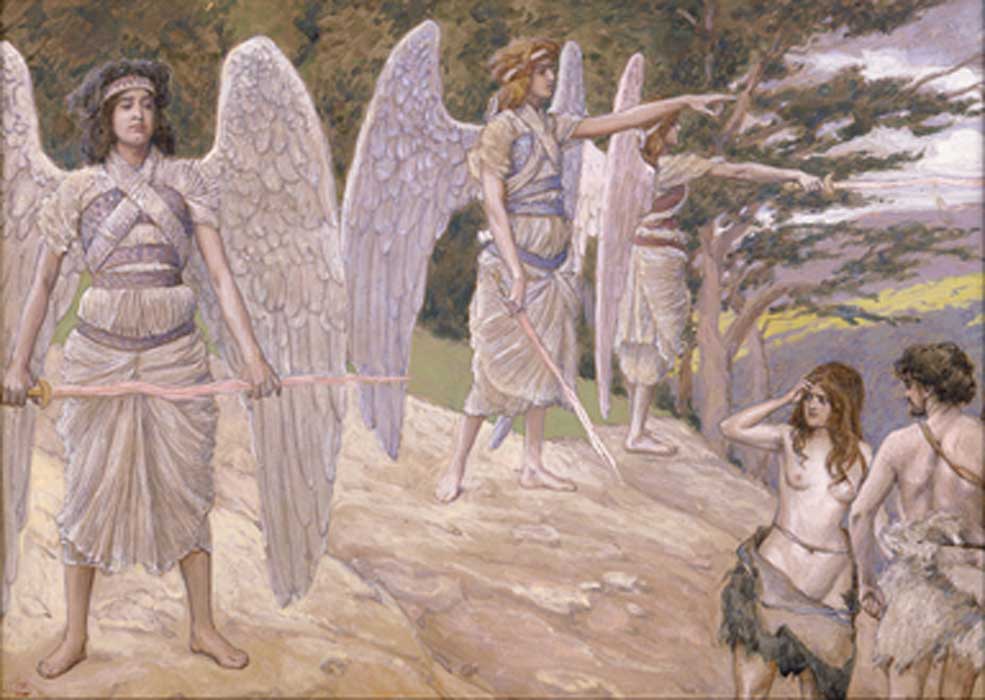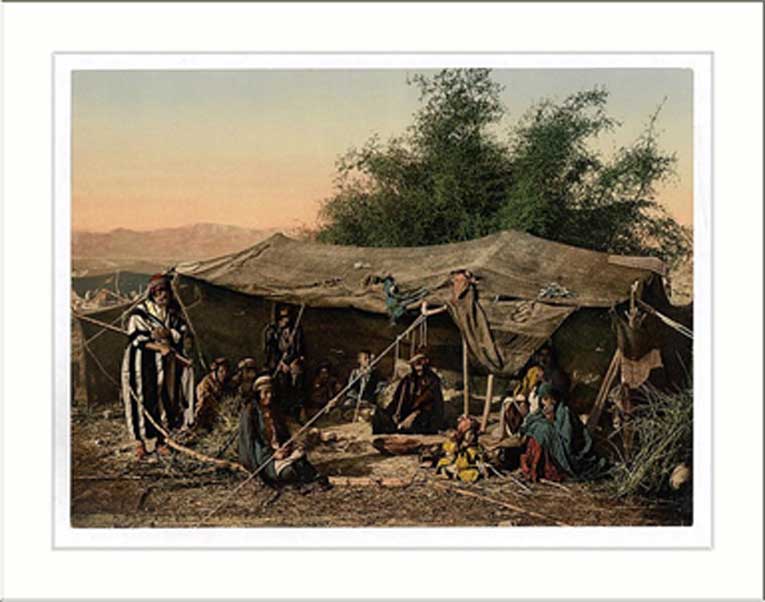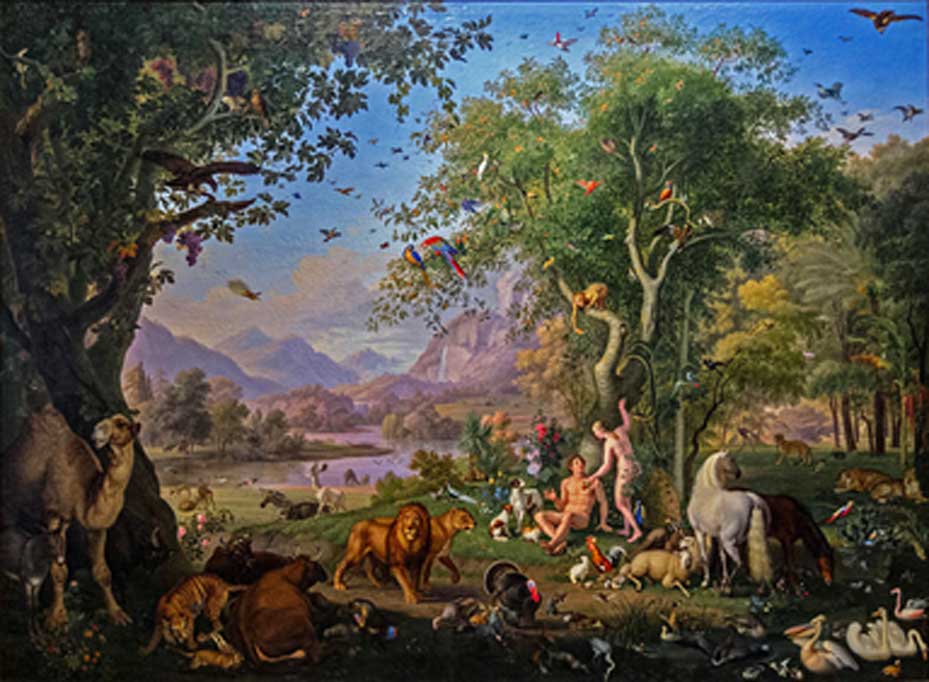
Cursed Cain, the Master Architect. Paradise Lost Gives Rise to the Birth of City-States – Part I
Mankind has always endeavored to revive the paradise lost to Adam and Eve and in so doing managed to originate the concept of city-states.
What is considered a State?
According to the Concise Oxford English Dictionary, “A state is an organized community living under a unified political system, the government.” Other authors, like Frederic Bastiat, wrote, "Government is the great fiction through which everybody endeavors to live at the expense of everybody else." The state according to Ludwig von Mises is, "the social apparatus of compulsion and coercion that induces people to abide by the rules of life in society.” Mises further adds, "It has the monopoly of violent action. No individual is free to use violence or the threat of violence if the government has not accorded this right to him.” Hans-Hermann Hoppe defines the state as, "a compulsory territorial monopolist of protection and jurisdiction equipped with the power to tax without unanimous consent.”
Every definition is correct from its most basic explanation to the most brutally honest explanation. The question now is how did the pre-state evolve into the institution we know today?
Writings on the origins of the state are widely available. Books like “The Rise and Decline of the State” by Martin van Creveld or Bruce D. Porters’ book “War and the Rise of the State” are well known and have done an excellent job documenting the rise of this institution throughout the course of human history.
The topic presented is not new when compared to the authors and their respective books mentioned. However, we shall look into the origins of the state from a Biblical viewpoint. In no way am I stating that the Biblical stories are completely accurate or to be taken literally. However, I do believe they provide a framework one can build on in order to understand the history of states from a none religious viewpoint. To explore this subject, it is important to focus on the different attributes between nomadic and sedentary lifestyle.

Bedouin tents and occupants Holy Land CC-BY-SA-2.0 Nomads are satisfied with tents.
Nomadic vs Sedentary lifestyles
Let us explore the difference between nomadic culture versus sedentary culture. Nomadic people travel from one place to the other and do not establish permanent settlements. A sedentary lifestyle can be defined as a society or way of life where people are permanently settled in one place. Nomadism includes hunting and gathering societies, so nomadic people are not concerned about the fertility of the land; while sedentism includes cultivation of crops, so they are very concerned about the fertility of the land. Sedentism involves building houses, storage units, etc. which guarantees better shelter, but waste disposal and diseases can affect sedentary societies much greater than nomads. Nomads do not build settlements such as houses and are satisfied with tents.
The Beginning: Adam and Eve

Adam and Eve in Paradise by Johann Wenzel Peter (Public Domain)




